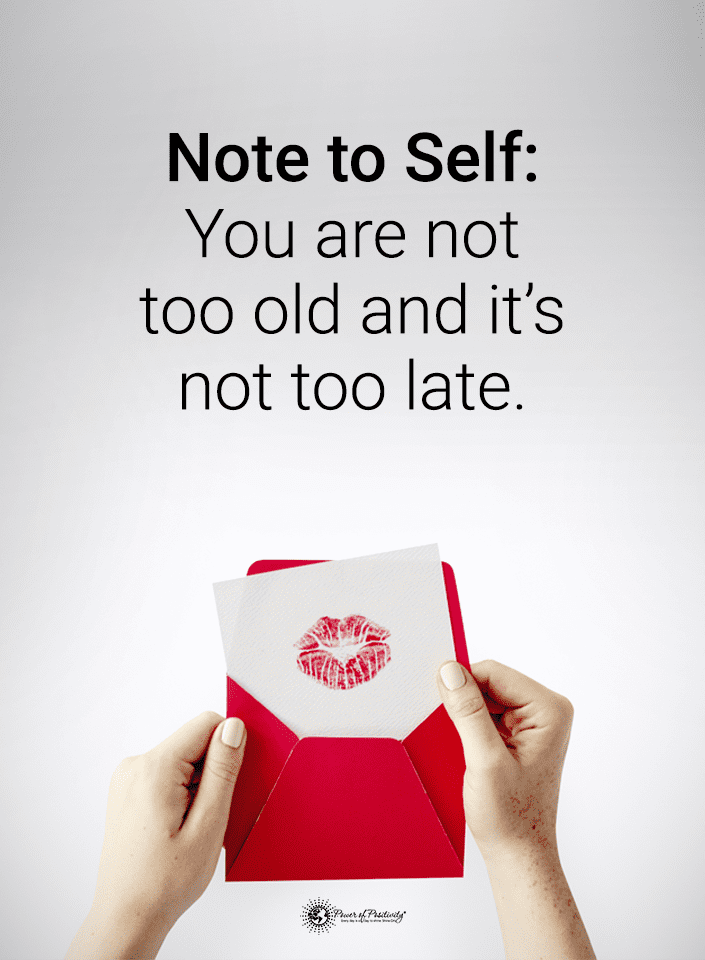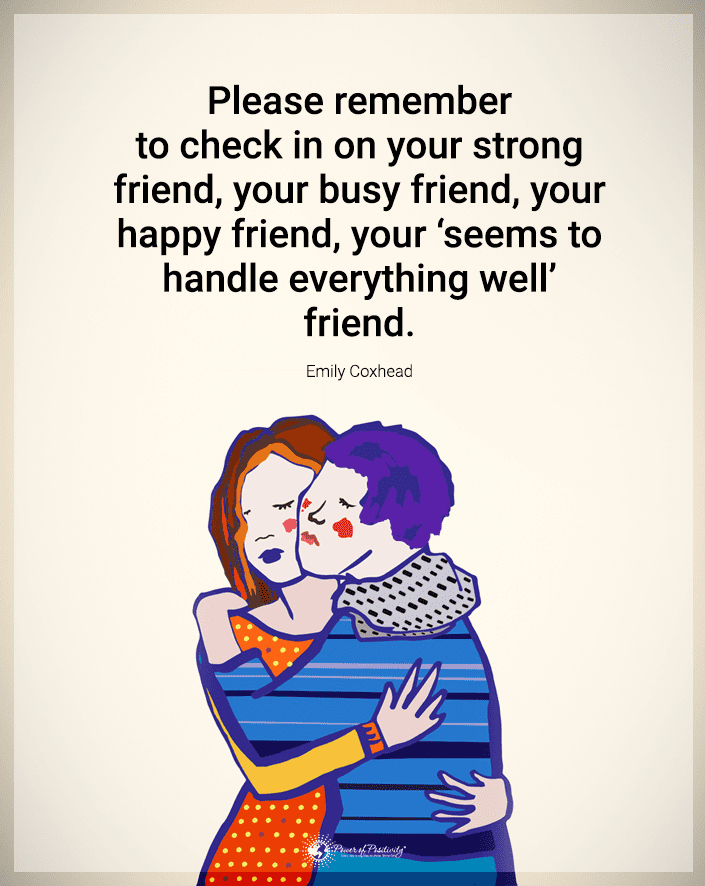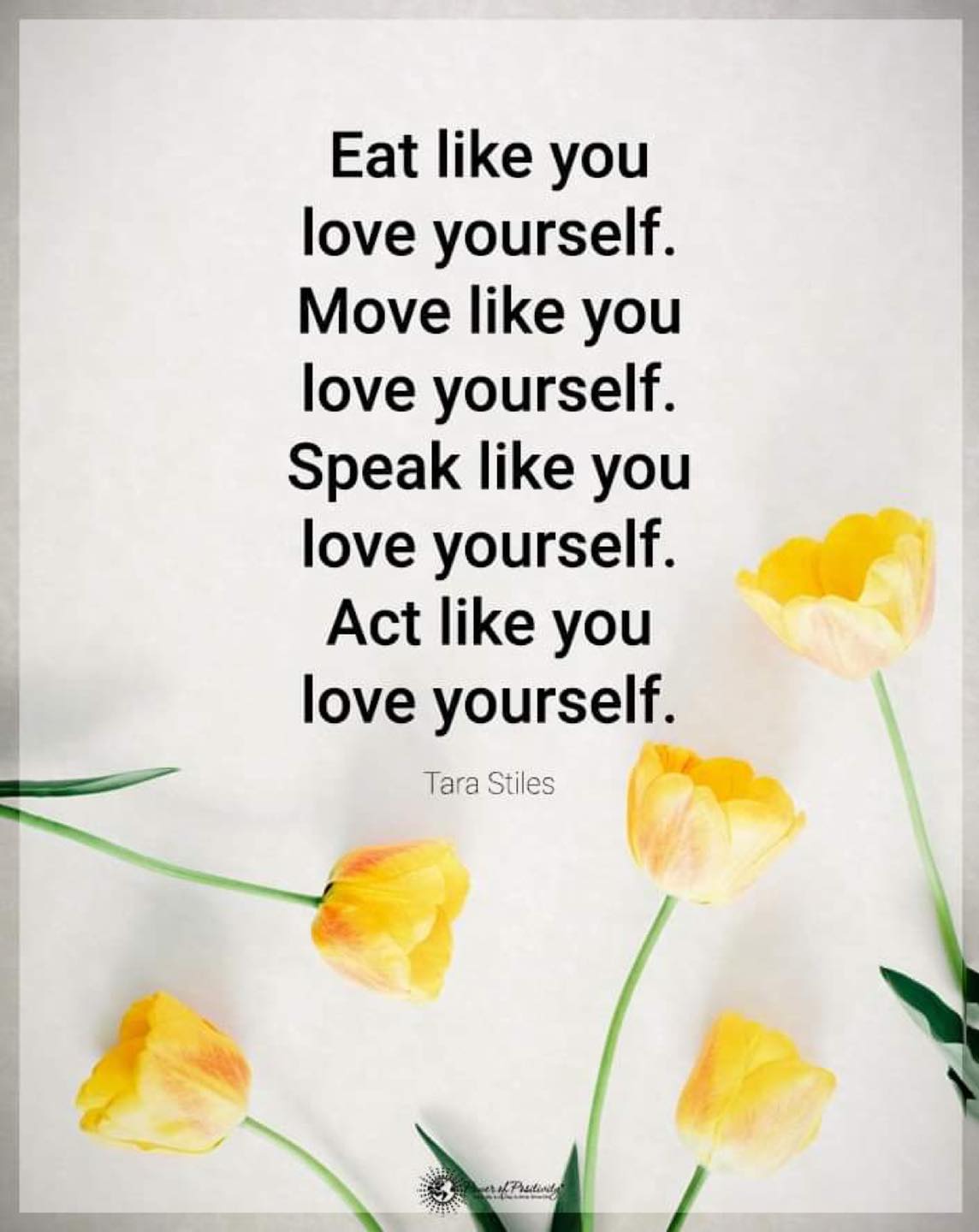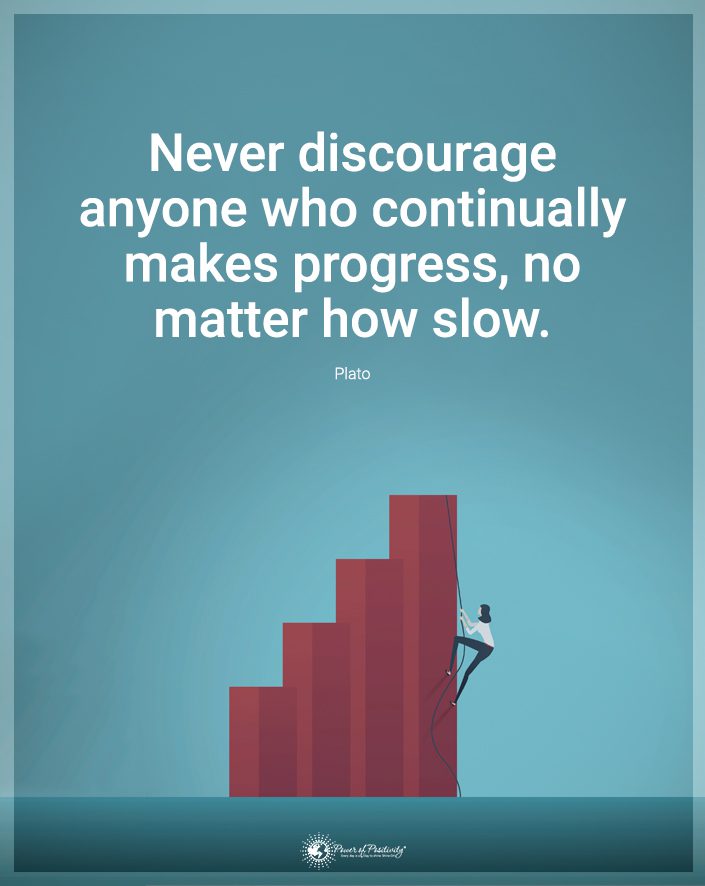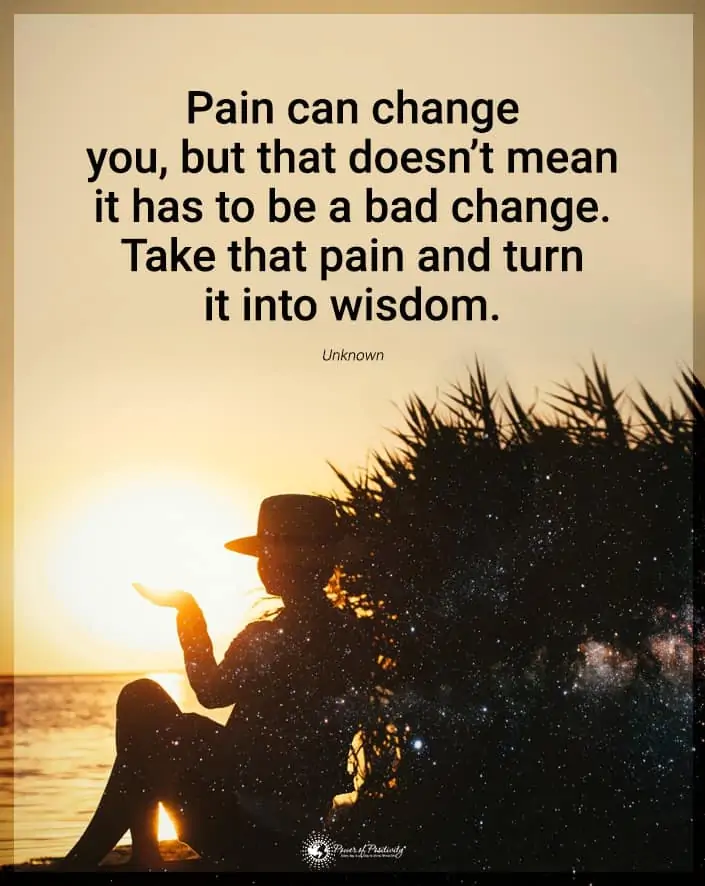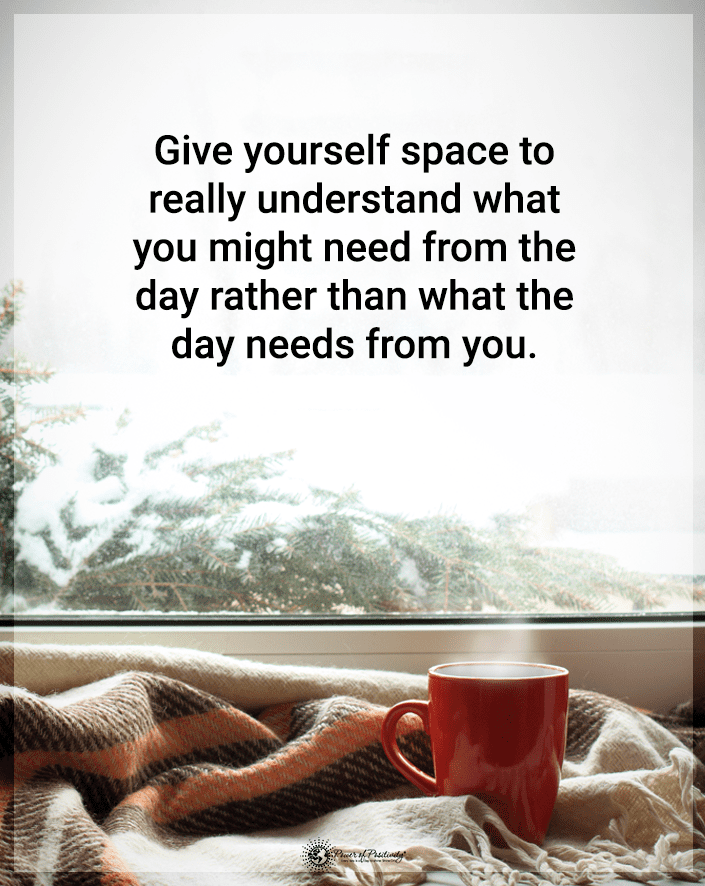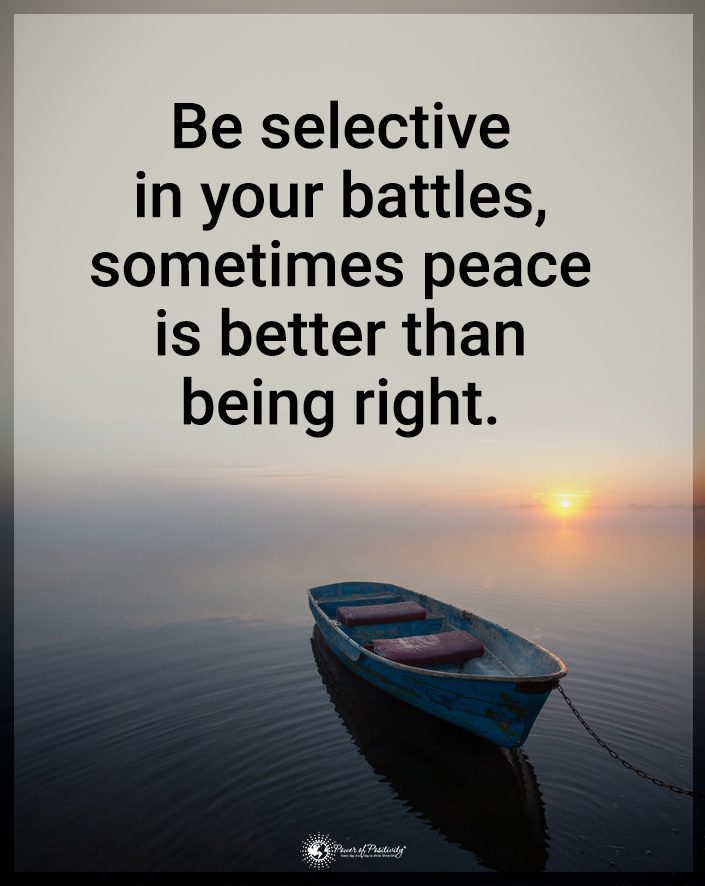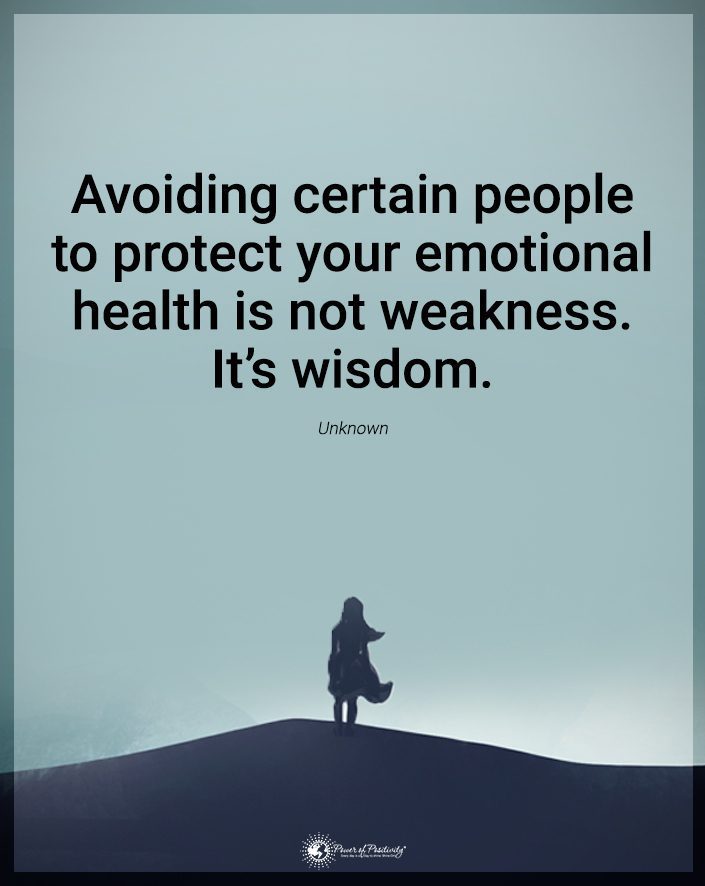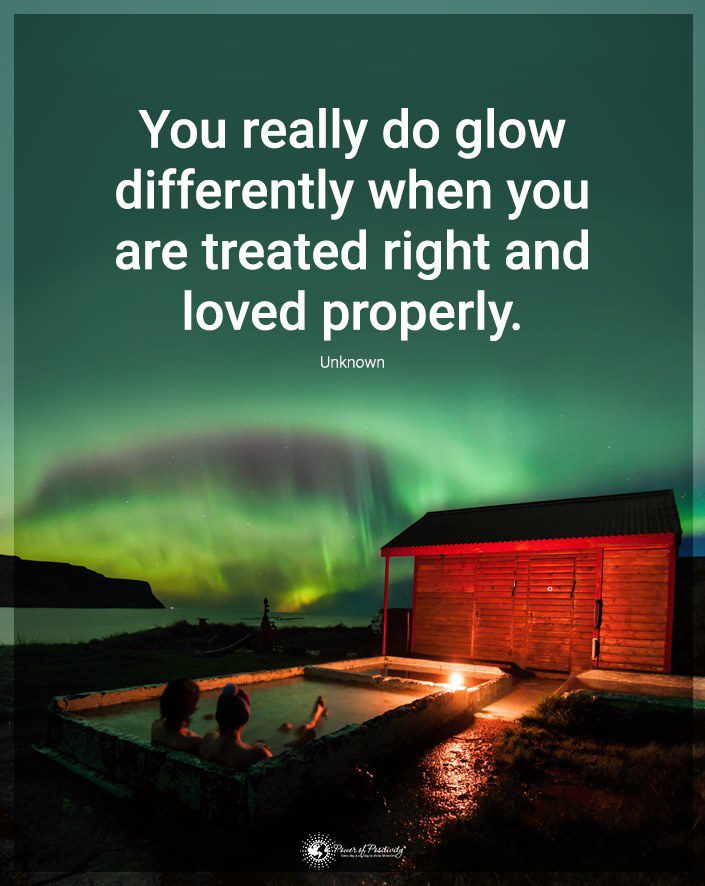Discover the joys of keeping a happiness journal.
You don’t have to be a talented author to find joy in journal writing. A gratitude or happiness journal is writing for pleasure and not for a grade or publication. Even if pen and paper have never been your preference, you can still benefit from journaling.
Perhaps you’re like some people who are unsure about journaling because you see it as a school assignment. Remember the dreaded task of writing an essay about what you did over summer vacation? The thought of picking up a pencil may bring back feelings of dread and signal instant writer’s block.
If these rambling thoughts stand in your way, it’s time to dispel the myths. The only rule to journal writing is that there aren’t any. It’s entirely up to you; nobody will critique your grammar, style, or other aspects. Your journal is for your eyes only, but you may decide to share some passages with someone you trust.
A Happiness Journal Is a Great Release
Keeping a journal is an enriching gift that you give to yourself. It can also be a valuable contribution to your family’s future generations. Journaling can recount your days and give voice to your innermost feelings.
According to an article by the American Psychological Association, journal writing may help you reduce avoidant and intrusive thoughts about adverse events. It may also boost your working memory by devoting twenty minutes daily to writing. According to the article, it may benefit your physical and mental health and your cognitive abilities.
Have you ever had pressing issues on your mind and couldn’t discuss them with anyone? Consider venting via ink pen to your journal or diary. You can pour out your heart without worrying about broken confidence or judgment. No wonder it’s a tradition for folks to address their diary or journal as if it was a cherished friend.
Eight Emotional Benefits of Journal Writing
Once you start penning your thoughts, dreams, and feelings, you’ll wonder why you didn’t start doing this therapy method years ago. It’s also fun to record memories and other milestones you want to remember. Here are eight emotional benefits of journal writing never to ignore.
1. Prioritizing Your Problems
Let’s face it, everybody has problems and often doesn’t know how to begin to solve them. Most of the time, you’re too close to the situation to understand all its components. Journal writing takes you beyond the petty details and lets you see the big picture.
Writing about your problems may offer you more clarity and help you focus on your priorities. Writing can be beneficial when you feel like you’re on the fence about issues and decisions in your life. When you are faced with choices, prioritizing according to your values is essential.
2. Journal Writing Helps to Organize Thoughts
Brainstorming is a superb venue to tap into your creativity and find solutions to problems. However, it’s just like having a countertop lined with ingredients, but you have no recipe. Once you’ve gathered all your thoughts and ideas, you need to organize them.
Your workday may be too chaotic to dedicate your thoughts to crucial decisions. Consider devoting a portion of your journal to jotting down thoughts and ideas. Later, you can review what you wrote and organize these thoughts in the best way.
3. Discovering Thought Patterns
What better way to identify your daily habits and patterns than journal writing? Daily writing can be enlightening if you’re battling addiction or another mental health condition. It allowed you to discover triggers and thought patterns that may lead you down the wrong path.
For example, say you’re trying to lose weight by controlling your emotional eating habits. Maybe you’ve had a few challenging days and wonder why you gave in to temptation. After reviewing your recent entries, you may discover the situations and triggers that caused those food cravings.
Of course, no magical solution or cure to deal with any mental health condition exists. However, keeping a journal may make it easier for you to eliminate or minimize your triggers. Don’t forget to record each success you have, no matter how small.
4. A Happiness Journal Lowers Your Stress Levels
Whether you’re royalty in a golden palace or dwell in a humble middle-class home, you’ll have stress. In fact, without a certain amount of stress, there’d be no learning or growing in life. However, too much pressure in your life can devastate your well-being.
Fortunately, your brain has an automatic survival mode activated by stressors. The prehistoric world was overflowing with hidden dangers that could have brought the entire human race to extinction. This mode gave their bodies temporary strength and agility to fight, flee, freeze, or faint to save their lives from danger.
Since your brain perceives all stressors as life-threatening, chronic stress can keep your body in survival mode. According to an article published by the National Library of Medicine, stress hormones like cortisol and adrenaline power you during emergencies. The report states that chronic buildup of these hormones due to stress can lead to severe health conditions.
Reserving time out each day to write in your journal can be relaxing. Plus, putting your feelings into words can minimize stress and promote healing. A happiness journal lets you let out your emotions, then look at them more objectively later. In reflection, you may find situations that cause you too much pressure and how to avoid them.
5. Improving Your Sleep Patterns by Writing in a Happiness Journal at Bedtime
It’s common for most people to have occasional nights of tossing and turning. Such interrupted sleep can stem from stress, worry, and even eating too heavily before bed. If this is the case, your body will usually adjust, and you’ll return to your regular sleeping pattern in a couple of days.
However, chronic loss of sleep can make your daily routines difficult. You may struggle with brain fog and try to boost your energy with caffeine. The extra coffee keeps you staring at the ceiling all night, becoming a vicious cycle.
You may gain a better understanding of your sleep patterns through journal writing. What problems weigh heavy on your mind, and how are you coping with stress? Did you have a bad day, or are you noticing a pattern of insomnia?
All this information is helpful to record daily. Perhaps you can improve your coping skills to lessen your stress in the evening. Putting your mind at ease is the ideal way to promote a solid night of restful sleep.
6. Reducing Symptoms of Depression and Anxiety
You’re bound to experience depression or another anxiety disorder at some point. Left untreated, these mental issues can entangle every aspect of your life and rob you of purpose and joy. Did you know that writing about your feelings can help ease these debilitating symptoms?
Once you put these down on paper, you’re less likely to obsess about them. You can be completely honest with yourself without regard for others’ judgment. The more aware you are of your emotions, the more empowered you are to control them.
Many folks add a section of gratitude to their daily writing routine. Counting your blessings can often help lift the fog of depression. When you are grateful for what you have, you can focus on the benefits and less on the problems.
7. Boosting Positive Thinking With Happiness Journal Writing
You may not even realize that you are battling negativity until you keep a record of your thoughts. Review what you’ve written over some time and see the picture you’ve painted. Are you being weighed down by pessimism and negative energy?
Consider using your journal to boost positive energy in your life. In addition to your gratitude list, you can highlight other positive aspects of each day. Even though problems are inevitable, can you see how the good often outweighs the bad?
In time, you’ll be able to identify things you can’t change. Instead of wasting energy on these, you can focus on the things you can alter. Even if you can’t change some situations, your musings can help you transform your attitude toward them.
8. Journal Writing Enhances Your Creativity
Doesn’t it feel uplifting when you do something creative? Creativity boosts your mood and self-esteem, whether solving a problem or making something beautiful. Feel free to add artwork, creative writing, or anything to your happiness journal to make you smile.
You can use your writings as a springboard to other artistic talents that you can develop. You can also keep a record of each step in your creative process. You may not become another Picasso or Mozart, but you can improve your painting and music skills.
Final Thoughts on Happiness Journal Writing
These are just a few of the many benefits of keeping a journal. Whether you write daily or just once a week, it’s time well spent for self-improvement. Journal writing about your life can heal physically, mentally, and spiritually.


